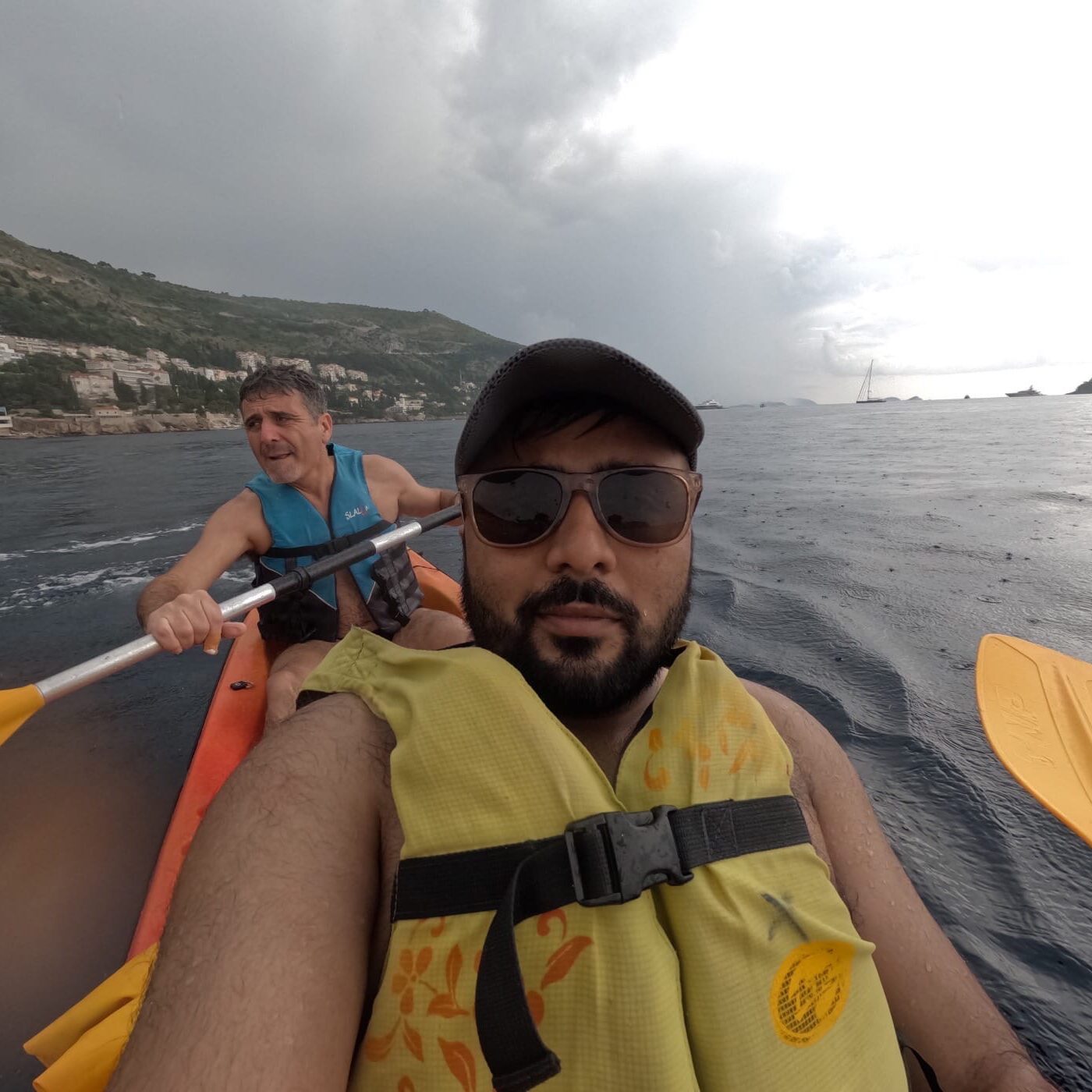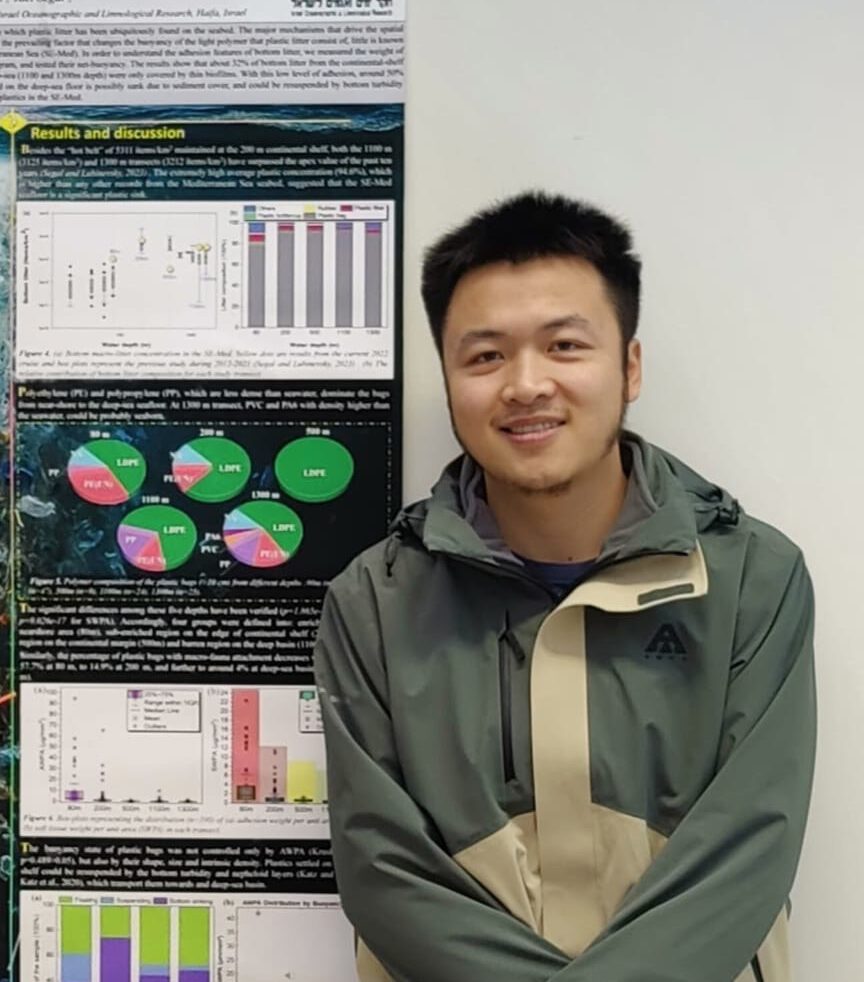
Discover how a Marine Geosciences student is unlocking our understanding of the Israel Levant margin and shaping our understanding of the ocean’s past and future
Odugbesan Oluwadamilare, a second-year Master’s student from Nigeria, is at the forefront of marine geoscience research, investigating the contourites on the continental shelf of Western Galilee.





